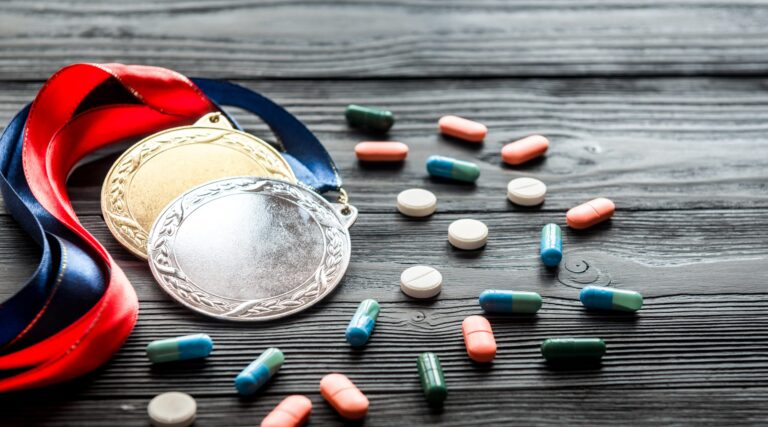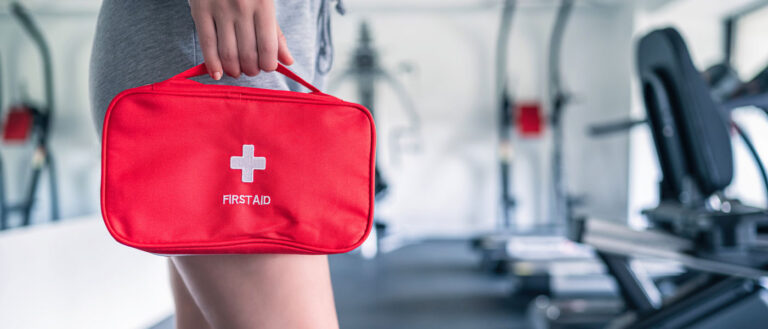Athletes need medicine at various points in their careers. Some conditioning coaches include several vitamins and minerals as a part of the athlete’s diet. Yet, the most often causes of drug intake are injuries. Oftentimes, athletes take prescription drugs to speed up recovery. Lastly, they may also need, in some cases, prescription drugs as these are believed to improve physical condition.
However, athletes shouldn’t jump into taking prescription drugs out of whim. Generally, since this medicine needs a doctor’s prescription, it’d take more than asking a pharmacist about its availability. If you’re an athlete who wants to know more about the crucial points before buying prescription drugs, read on!
Contents
1. Medical And Legal Concerns
Commonly, athletes use analgesics to counter pain and inflammation. In some cases, endurance athletes generally use anti-asthma medication when they’re having breathing difficulties. Other sportspersons also take prescription drugs for hypertension and diabetes.
If you’re a first-time user of prescription medication, research what the medicine can do to your body first. This is because some treatment delivers differently from what’s expected from them, yet there are drugs that aggravate their existing condition. Moreover, some drugs have long-term effects that may lead to someone experiencing adverse reactions.
If you feel ill after taking a prescription drug, you need to see a doctor urgently. After being settled, you may call legal professionals like Sadaka Associates to help you. These professionals could suggest the next best thing you can do.
2. Adverse Reactions
Taking prescription drugs may trigger allergies. So, if you have a history of an allergic reaction, you may need to tell your doctor before the latter prescribes you one. This way, the doctor could suggest otherwise.
Apart from the allergies, many prescription drugs could still result in similar situations even when you have no previous record of adverse reactions. To anticipate this, you may need to be familiar with the following symptoms, as they commonly signify the side effects caused by the drugs:
- Skin rashes
- Dizziness
- Headache
- Dry mouth
- Sleepiness
- Loose or constipated bowel
If you experience any of these symptoms after taking a pill, you may consider consulting a doctor. If possible, remember the medicine you take. Lastly, inform a person, especially if the indications appear when you’re alone.
3. Anti-Doping Regulations

Several sports associations prohibit the use of performance-enhancing drugs that are generally prescription medication. If you’re an athlete, it’s important to be aware of your organization’s take about doping. You may look for the list of drugs considered as performance enhancers.
For your reference, here are some of the most common drugs identified as doping medication:
- Anabolic steroids: Synthetic types of testosterones used in building muscles
- Amphetamines: Believed to improve alertness and endurance
- Steroid precursors: Believed to convert into natural steroids after being absorbed by the body
4. Physical Condition Of The Athlete
Before you take a medicine, you need to know your general health condition. If your body is weak, you may only receive a prescription if really necessary. You may wait to gain strength before the doctor is confident enough to provide you with a prescription.
If it’s your first time taking a particular drug, you may want to consider preparing for it.
Consider reading about the usual effects of people who take it. Then, do the necessary actions to avoid untoward incidents that may happen. You may need to seek medical advice if you think you’re not physically ready for the medicine unless it’s vital to take it.
5. First Aid

Calling a doctor or bringing a patient to a hospital is the wisest decision whenever someone takes an inappropriate drug. Yet, if the hospital or the nearest doctor may be too far from where the incident happened, a first aid application could be instrumental in saving lives.
For that purpose, here are some of the things that any person could do when somebody they know felt ill after consuming a drug:
- If the condition is severe, call medical help immediately or bring the person to a hospital.
- If the person is conscious and has rashes, you may apply calamine lotion to the affected skin.
- You may also apply a cold compress to the affected area or let the person take an antihistamine to reduce swelling and other ill effects.
6. Gender
You may also consider that the sex of a person is a factor in how the body takes the drug. This has something to do with how the gastrointestinal system absorbs the medicine.
Because of this, athletes should ensure that the prescription drugs they’d take have already passed the necessary clinical trials. With that, you should know how to identify the drugs that have unlikely effects on both sexes.
7. Medical Intolerance

Many people can’t process medicine properly. This condition may be considered as medical intolerance. When this happens, the intended effects may not have a desirable result or may not have any effect at all. If you have a history of medical intolerance, inform your doctor as soon as possible.
8. Existing Medical Conditions
If you’re already taking a medication, you may need to tell your doctor about it. This is because the drugs may have adverse effects when your body absorbs both at the same time. In addition, your liver may be affected. If your doctor allows it, you may need to drink plenty of water to cleanse and rehydrate your body.
Wrapping Up
Athletes will always push their limits to be their best selves. To make it happen, they may extend their training time or improve conditioning through running or other activities. They may also need more advanced gear. In addition, they may need an appropriate and proper diet. If they’re injured, they need suitable medication. Yet, athletes need to follow protocols at all times.
If you’re an athlete, you could get back to the insights in this article. They may help you prepare what you need to take prescription drugs safely. In addition, they could also give suggestions on what to do, such as conditioning your body or avoiding some food or activities that may affect your condition. Above all, always self-check before and after you consume a drug.

















